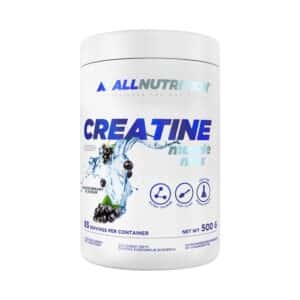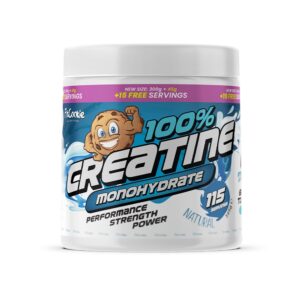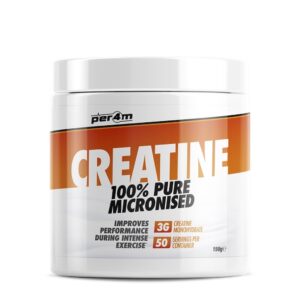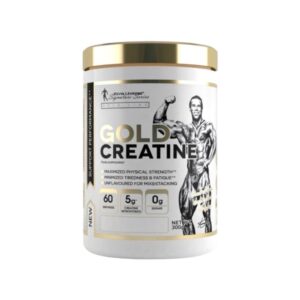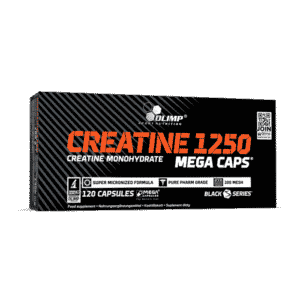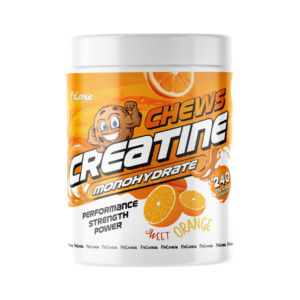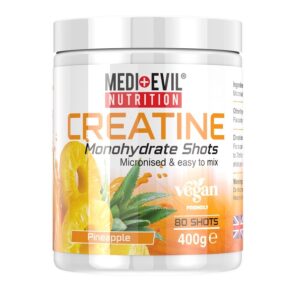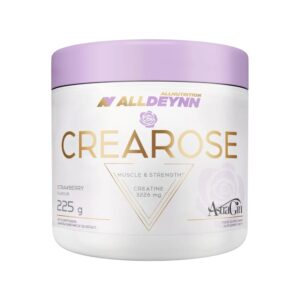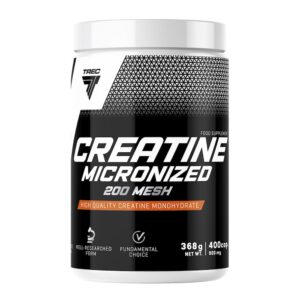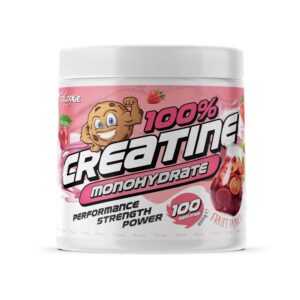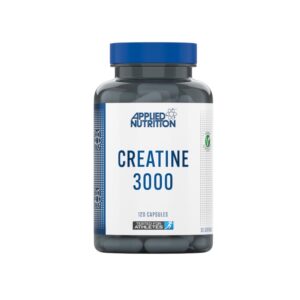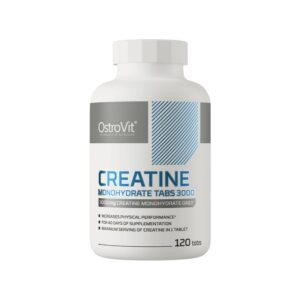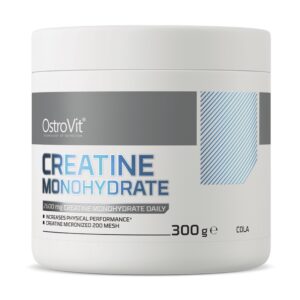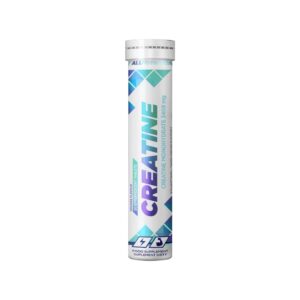creatine monohydrate
Creatine Monohydrate
What is creatine monohydrate?
Creatine is a nitrogenous acid that occurs naturally in animal tissues. It is synthesized predominantly in the liver and kidneys, its production being somewhat lower in the pancreas and brain. A considerable amount of creatine is obtained from the diet at a rate of 1 g / d when following an omnivorous diet.
[showhide type=”post” more_text=”Show more text” less_text=”Hide text”]
Current scientific evidence supports the ingestion of creatine in the form of creatine monohydrate to maximize physical performance and increase muscle mass gain in athletes. Its application within the recommended doses is considered safe and is currently used in children, young people and the elderly.
Although compared to the concentrations found in skeletal muscle, only a small amount is found in the brain (~ 5%), its role is essential for the production of brain energy, improving mitochondrial efficiency, acting directly as an antioxidant and neuro-protector. Most of the studies on these roles of creatine at the brain level have been carried out in vitro or preclinical settings.
When to take creatine monohydrate?
Creatine is best assimilated with fruit juices, for example, apple or grape juice. These transport the active ingredient faster to the muscle fibres. It is advisable to drink plenty of fluids, preferably water. This way you can avoid dehydration. Caffeine and alcohol reduce the effectiveness of creatine, so they should be avoided as much as possible. It is recommended to take 3 g of creatine a day to optimize bodybuilding and increase your sports performance. Ideally, take it either just before training or when you wake up. However, it is not necessary to take it every day at the same time.
How much creatine monohydrate per day?
The most common intakes are usually about 20 grams daily for 5-7 days. Maintenance doses range from 3-5 grams per day. Taking high servings of creatine can increase the likelihood of kidney damage. It is recommended to drink plenty of water before, during and after training, to avoid the risk of dehydration.
Some experts argue that taking creatine after training may be a better option than taking it before training. However, the differences demonstrated in various practices are small. The important thing is the accumulation of creatine in the body, not so much the time, when it was taken.
Creatine monohydrate benefits
Improving exercise performance
Gaining muscle and promoting physical fitness
Positive effects on brain health and memory
Creatine monohydrate side effects
Creatine monohydrate side effects
Muscle cramps
Nausea.
Dizziness.
Gastrointestinal pain
Dehydration
Diarrhoea
Weight gain.
Water retention
Best creatine monohydrate
If you want to buy the best creatine monohydrate you’re in the correct place, at FitCookie we have the best creatine monohydrate that’ll help you to reach your goals. Some of the best products are:
Anabolic Mass 7kg – Levrone Signature Series
OstroVit Creatine Monohydrate 500g
Creatine Monohydrate 300g – GAT
Crucial Creatine Stack 285g – Muscle Rage
With us, you’ll find the best quality and prices.
Trust us as many people have!
[/showhide]

